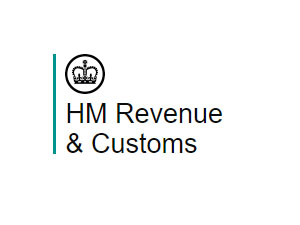
Workers are set to face a National Insurance hike of 1.25% from April, meaning people face paying more going forward.
For thousands of people, tax hike will put a squeeze on finances and the cost of living increases, and energy bills rise. From April, the average worker will pay an extra £255 a year in taxes.
Nimesh Shah, CEO at the firm said: “This feels like government propaganda to justify the NIC increase at a time when there are huge pressures on working families, under the backdrop of rising inflation and soaring energy costs.”
“When the National Insurance increase was announced last October, the government badged this as a ‘Health & Social Care Levy’, but it would operate in the first year as a 1.25% increase to NIC.
 “Next year, National Insurance will revert back to the current rates and a new line item on payslips will show the tax as the Health & Social Care Levy. HMRC didn’t have the time to update the PAYE system to make that change now, so are now asking employers to include a footnote on payslips.”
“Next year, National Insurance will revert back to the current rates and a new line item on payslips will show the tax as the Health & Social Care Levy. HMRC didn’t have the time to update the PAYE system to make that change now, so are now asking employers to include a footnote on payslips.”
The government has instructed HMRC to do this because they will be concerned that this will be viewed as a direct tax increase, according to Shah.
He continued: “It’s an underhand tactic from HMRC to direct employers to do this – the fact is that this is an increase to NIC which will impact both employers and workers, and employers have no legal obligation to do this.”
“The fact remains a worker earning £35,000 will be £277 worse-off from April because of the NIC increase, and this shouldn’t be dressed up any differently.”
Shah added: “The Health & Social Care Levy is going to be a permanent feature in the UK’s tax system for years to come – like any other tax, the rate can be increased and it’s also likely that future governments could extend the scope to other sources, such as rental profits and capital gains.”


Comments are closed.